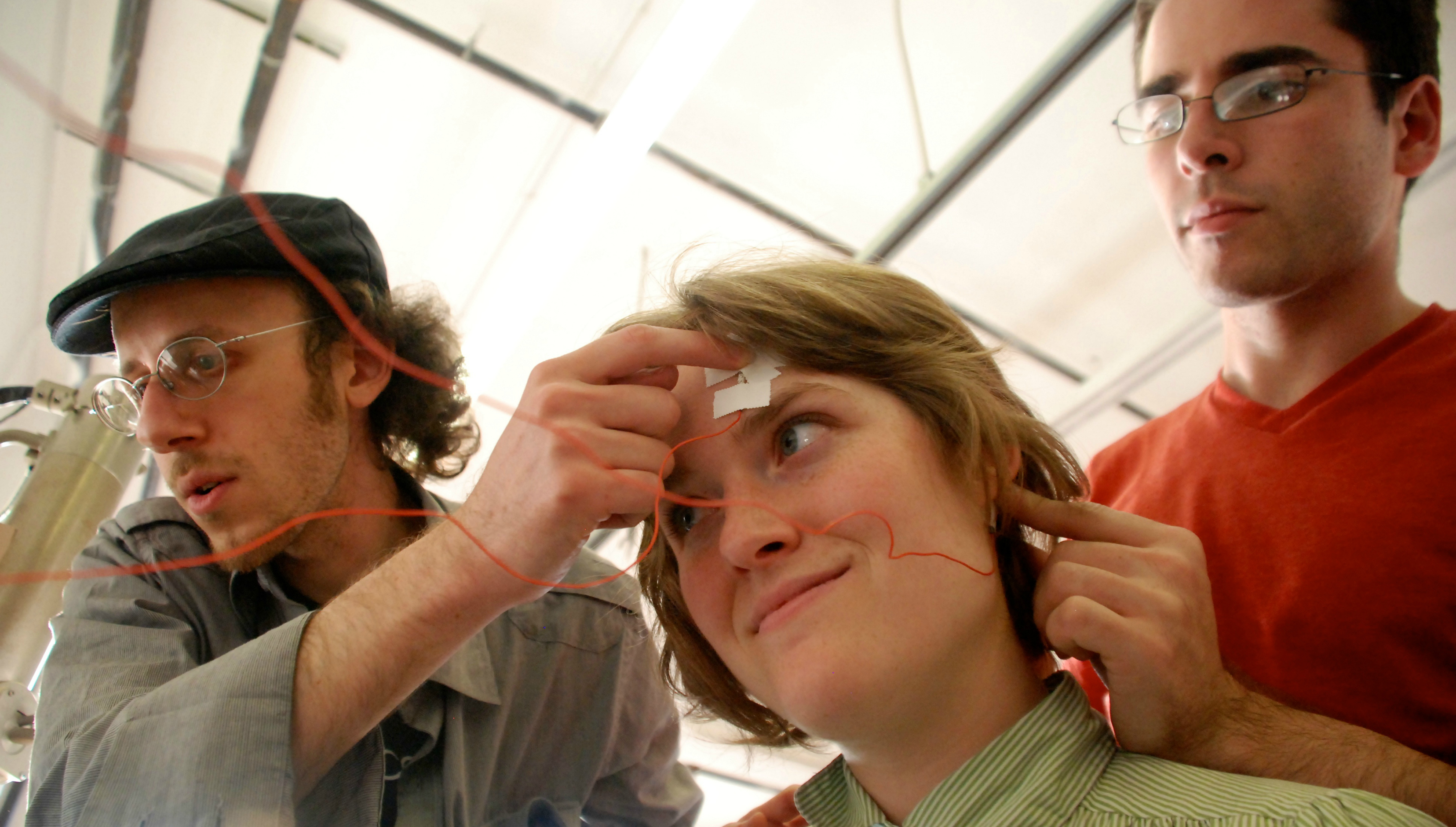
Humans are social animals. We cluster together in cities and settlements around the world for protection, companionship, and conversation. But to live together in the hyper-connected societies we’ve built, humans require shared values, and an understanding of the difference between right and wrong. Those without that shared moral compass—say, psychopaths—usually don’t fit in; they’re often ostracized, imprisoned, or otherwise relegated to the fringes of society.
Previous research has indicated that moral judgment likely arises from activity in the prefrontal cortex—the knobby lobe of brain tissue behind your forehead that leads to many of our most complex cognitive abilities. In a study published this week in the journal PLoS One, researchers from Germany sought to determine if zapping a region of that lobe via a neurostimulation technique known as transcranial direct current stimulation (tDCS) could augment moral reasoning. The technique, which delivers a weak current to the brain via electrodes on the skull, has previously been shown to improve memory, concentration, and problem solving. For their study, the researchers directed 54 participants to consider 11 moral dilemmas. For example, do you push a man in front of a runaway trolley to save five unsuspecting workers farther down the track? While deliberating, the subjects were exposed to either tDCS or a sham stimulation, where the electrodes were in place on the skull, but no current passed between them. Each subject considered how they would respond to the dilemmas under both active and sham stimulations.
The researchers found that tDCS shifted the subjects’ responses to the dilemmas from utilitarian—sacrifice one life for the lives of many—to more passive, non-utilitarian leanings. The study shows that, rather than being an immutable characteristic, moral reasoning can be influenced by external forces, like pumping electricity into the brain. The authors speculate that, in the future, modulating moral judgment with neurostimulation such as tDCS could prove useful for people with poor or absent moral reasoning skills—say, psychopaths.





